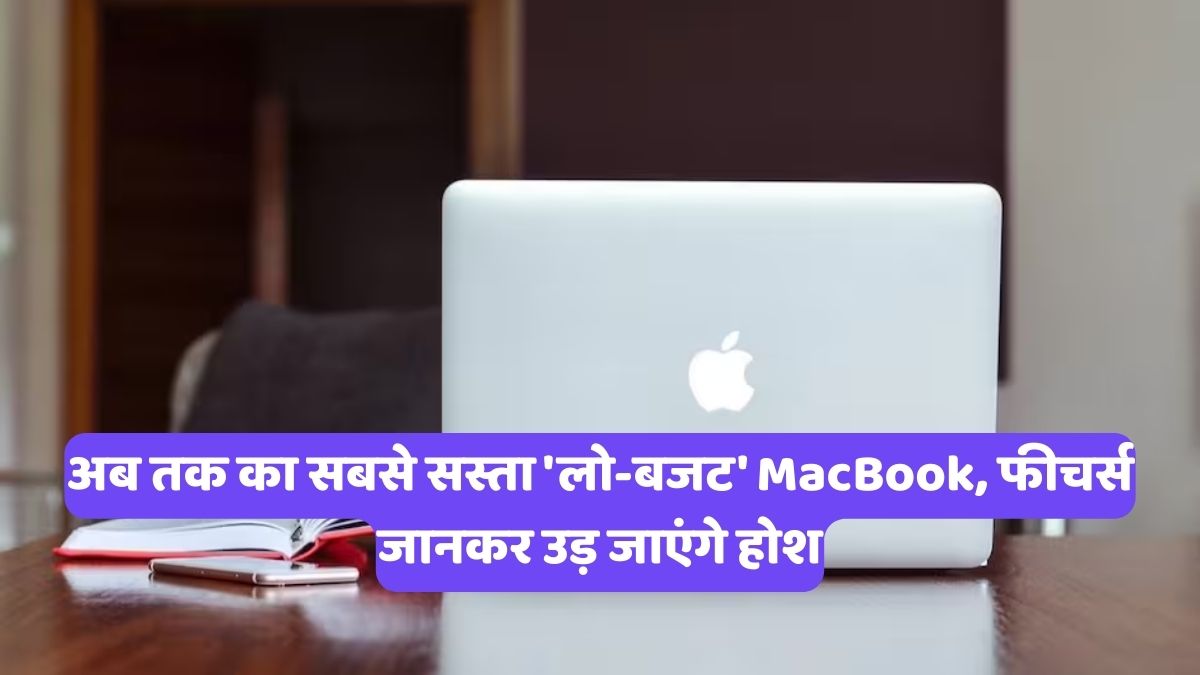Systematic Investment Plan (SIP): A Complete Guide for Beginners
Why Choose SIP?
- Rupee Cost Averaging – Balances risk by buying more when markets are low and fewer when high.
- Power of Compounding – Small investments grow exponentially over time.
- Discipline – Encourages consistent investing habits.
- Affordable – Start with just ₹500 per month.
Benefits of SIP
- Wealth creation over time
- Lower market risk compared to lump sum
- Flexibility to start, pause, or stop anytime
- No need to time the market
- Perfect for long-term financial goals
Types of SIP
- Flexible SIP – Adjust investment amount.
- Top-up SIP – Increase contributions with income growth.
- Perpetual SIP – No end date, runs until you stop it.
- Trigger SIP – Invests automatically on specific conditions.
How to Start SIP?
- Set clear financial goals.
- Choose the right mutual fund.
- Select SIP amount & duration.
- Complete online KYC.
- Link bank account for auto-debit.
SIP Calculator Example
If you invest ₹5,000/month for 10 years at 12% annual return:
- Total Investment: ₹6,00,000
- Estimated Value: ₹11,61,695
- Wealth Gain: ₹5,61,695
SIP vs Lump Sum
| Feature | SIP | Lump Sum |
|---|---|---|
| Investment Style | Regular, disciplined | One-time, big amount |
| Market Risk | Low (averaged) | High (depends on timing) |
| Best For | Beginners, salaried investors | Experienced investors |
| Flexibility | High | Low |
Common SIP Mistakes to Avoid
- Stopping SIP when markets fall
- Expecting quick short-term returns
- Not reviewing fund performance
- Choosing wrong funds without research
FAQs on SIP
1. What is the minimum amount to start SIP?
You can start SIP with just ₹500 per month in India.
2. Can I stop SIP anytime?
Yes, SIPs are flexible. You can pause or stop anytime.
3. Is SIP better than FD?
SIP generally provides higher long-term returns compared to Fixed Deposits.
A Systematic Investment Plan (SIP) is the easiest way to build wealth steadily. It is flexible, affordable, and perfect for beginners. Start small, stay consistent, and let compounding grow your money.












